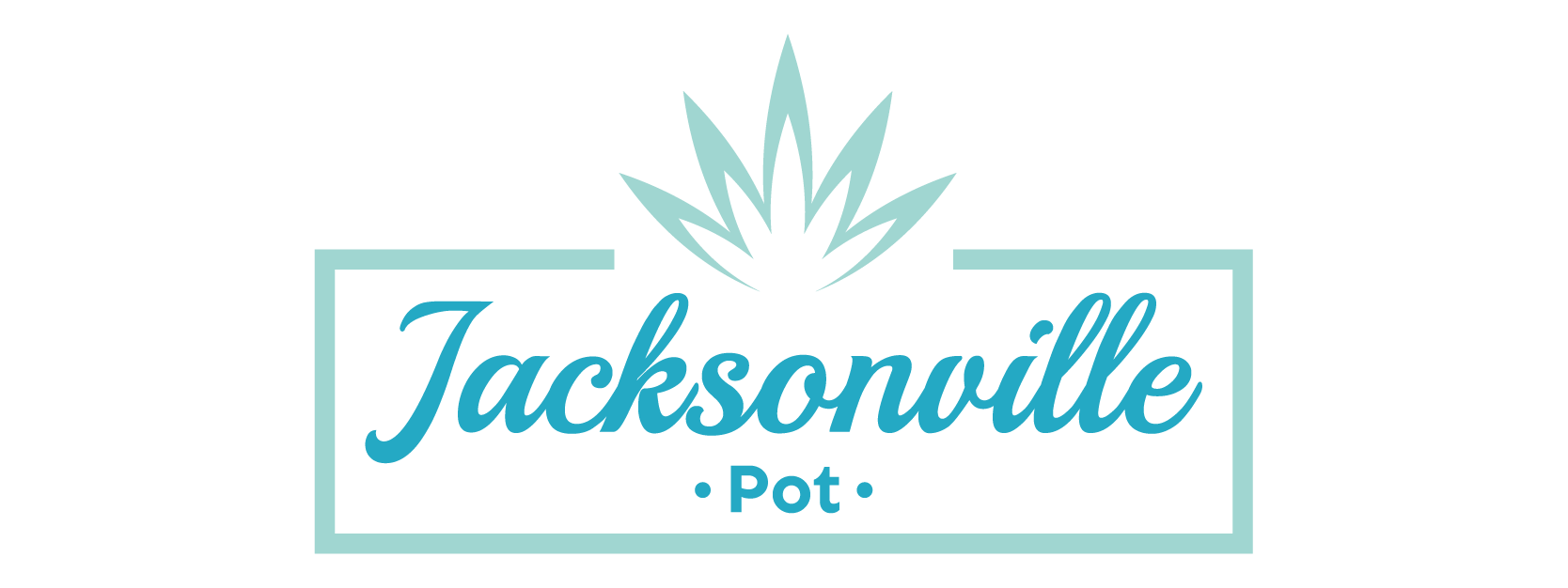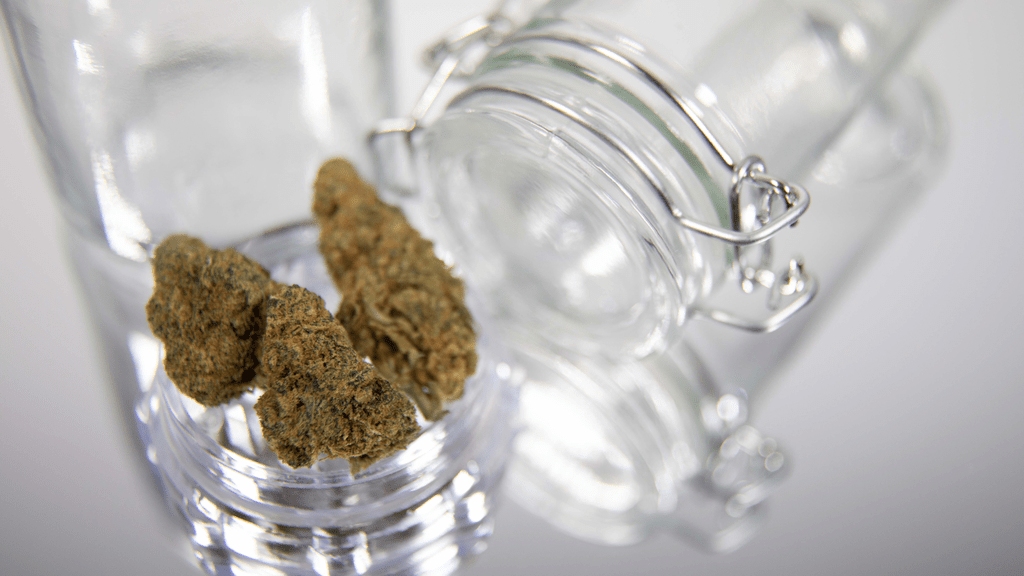For many Jacksonville veterans, post-traumatic stress disorder (PTSD) is a daily reality marked by intrusive memories, hyperarousal, sleep disruption, and avoidance. Interest in cannabis as a tool for symptom relief has grown, yet the medical evidence remains mixed, and official guidance is cautious. The VA/DoD Clinical Practice Guideline (Nov. 2024) recommends against using cannabis or cannabinoids to treat PTSD because well-designed randomized trials have not shown benefit and because of potential adverse effects, including cannabis use disorder and cognitive impairment. At the same time, many veterans report short-term improvements in sleep or anxiety, illustrating a gap between lived experience and current data. Reviewers note that observational studies are confounded and that heavier cannabis use may correlate with worse PTSD severity over time.
In Florida, PTSD is a qualifying condition for medical cannabis. Patients who receive an appropriate diagnosis from a qualified physician and meet state requirements may obtain medical cannabis through licensed Medical Marijuana Treatment Centers (MMTCs). Veterans considering this route should understand it is a state-authorized option, not an FDA-approved PTSD treatment, and should coordinate with their clinicians to avoid drug interactions and to monitor for dependence.
Evidence-based, first-line care for PTSD still centers on trauma-focused psychotherapies (such as Cognitive Processing Therapy and Prolonged Exposure) and selected medications when appropriate. Veterans exploring cannabis for symptom relief should do so within a comprehensive care plan that prioritizes these proven therapies and emphasizes harm-reduction (dose, frequency, route, and impairment risks).
Local resources for Jacksonville veterans
- VA Jacksonville Clinics (North Florida/South Georgia Veterans Health System): Multiple outpatient clinics in Jacksonville provide mental health care, substance use treatment, and care coordination. Start with your Patient Aligned Care Team (PACT) or request a mental health consult; ask about trauma-focused therapy and sleep programs.
Visit Jacksonville 1 VA Clinic - City of Jacksonville Military Affairs and Veterans Department (MAVD): Offers no-cost assistance navigating VA benefits, disability claims, housing, employment, and referrals—useful if PTSD affects work or housing stability.
Visit the Jacksonville Military Affairs and Veterans Deparment - Wounded Warrior Project (headquartered in Jacksonville): Provides peer support, clinical care navigation, and programs like Project Odyssey, a 12-week, no-cost mental-wellness program that builds coping skills and resilience.
Visit the Wounded Warrior Project - UF Health Psychiatry – Jacksonville: Offers comprehensive outpatient psychiatric services; veterans with community care authorization or self-pay options can access evaluation and therapy locally.
Visit UF Department of Psychiatry - 24/7 crisis support: Dial 988 then press 1 for the Veterans Crisis Line, or call SAMHSA’s National Helpline at 1-800-662-HELP (4357) for treatment referrals. Save these numbers even if you’re not in crisis; they’re confidential and free.
Practical guidance
- Talk to your VA or community clinician first. Share goals (sleep, nightmares, irritability) and review potential interactions with existing meds. Trauma-focused therapy remains the foundation.
- If you try medical cannabis, start low and go slow. Prefer non-inhaled routes at bedtime for sleep issues, avoid driving or hazardous work, and reassess regularly for efficacy and side effects. (This is harm-reduction, not an endorsement.)
- Build a support network. Combine therapy with peer groups and skills-based programs (e.g., Project Odyssey) to improve coping and reduce isolation.
- Protect benefits and employment. Policies vary; consult MAVD or a veterans service officer before making changes that could affect benefits or workplace drug policies.
Bottom line: Cannabis may provide situational relief for some symptoms, but it is not a proven treatment for PTSD. Jacksonville veterans will get the best outcomes by anchoring care in evidence-based therapies, using state medical cannabis (if chosen) thoughtfully, and leaning on robust local and national support systems.

